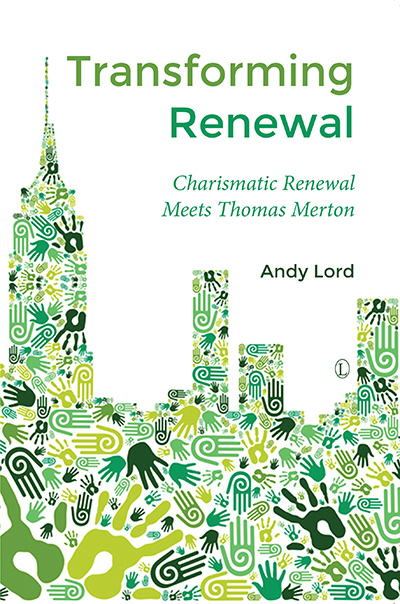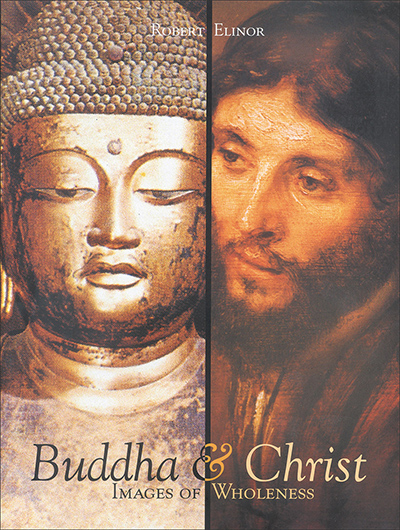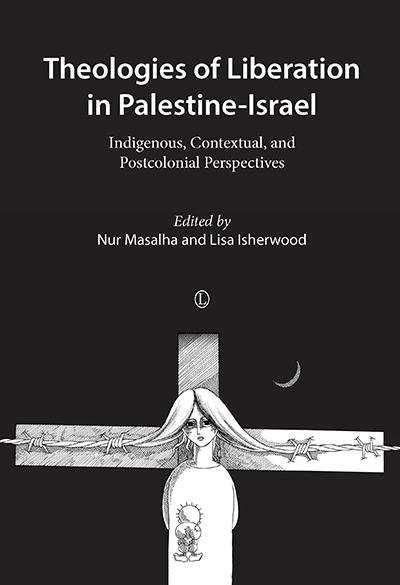Description
Pentecostal and charismatic renewal movements have seen great growth over the last century and have engaged with many Christian traditions. Yet there are signs that all is not well, and there is a need to develop theologies of renewal that engage with practice and across the traditions if the movements are to continue to grow. In particular, this book seeks an ecumenical engagement between David Watson and Thomas Merton, leaders in the charismatic and monastic renewal movements. The aim is to reflect on the theological roots of these renewal movements through a study of particular people who lived them in practice and sought to help others understand how the triune God was at work. This is done against the wider background of contemporary renewalist theology to develop constructive proposals for renewal theology in the future. Receptive ecumenism provides the method for bringing the different voices into conversation in ways that also point forward in approaches to ecumenical dialogue. It is thus a study relevant to those seeking new ways in theology, those involved in renewal and ecumenical movements, students of Thomas Merton, and all who seek to better understand the Christian renewal movements that have swept the world.
About the Author
Andy Lord is a parish priest in the Diocese of Southwell and Nottingham. He holds a PhD in Pentecostal ecclesiology from the University of Birmingham and is the author of Spirit-Shaped Mission (2005) and Network Church (2012).
Contents
Acknowledgments
Abbreviations
1. Renewal through Conversation
Seeking Renewal
Conversations for Renewal
Ecumenical Renewal
Charismatic Receptive Ecumenism
Lives of Watson and Merton
Shape of Renewal for Watson
Shape of Renewal for Merton
Summary
2. God’s Renewal
Introduction
David Watson and the God who is Real
Thomas Merton and Engaging in God
Triune God of Renewal
God of Life, Revelation, and Relationship
3. Renewal of Humanity
Introduction
David Watson and Sinful and New Humanity
Thomas Merton and True and False Humanity
Pentecostalism seeking the Image of God
Humanity as Created and Re-created
4. The Process of Renewal
Introduction
David Watson: Conversion and Spirit Filling
Thomas Merton: Journey into Christ
Expanding Salvation and Spirit Baptism
Growing with God
5. Renewal in Daily Life
Introduction
David Watson: Holistic Discipleship in Community
Thomas Merton: Contemplative Life for the World
Exploring Contemplation, Tradition, and Mission
Practices of Encounter
6. Conclusion
Introduction
Renewal of Learning
Pneumatological Theology of Renewal
Transforming Roman Catholic Renewal
Transforming Ecumenical Renewal
Transforming Renewal
Bibliography
Endorsements and Reviews
Andy Lord is one of the most refreshing theologians of the Anglican renewal. In this deeply spiritual book, a dialogue between the thought of David Watson and Thomas Merton reflects Lord’s own spiritual journey. His study resonates with those who long for transformation in the charismatic renewal, who are tired of superficiality, and who are discovering rich resources in Catholic spirituality represented here by Merton.
Allan Heaton Anderson, University of Birmingham
Andy Lord’s vision of transformation is almost cosmic, nurtured indeed by sources from the biblical times and spaces to the twenty-first century; from evangelical to ecumenical traditions; from low church Protestantism to liturgical Catholicism; from charismatic to contemplative communities; even from Western forms of Christian faith to Eastern philosophical, cultural, and religious ways of life! Do not open this book unless you are ready for a reorientation of thinking, a renewal of the heart, and a revitalization of Christian discipleship fit for the twenty first-century global context.
Amos Yong, author of The Dialogical Spirit and The Missiological Spirit (James Clarke & Co, 2015)
This is a detailed and scholarly work which covers new ground in an accessible way… the author needs to be congratulated on offering an academic and systematic approach to renewal.
David Torevell, in Theological Book Review, Vol 28, No 1, p,74






